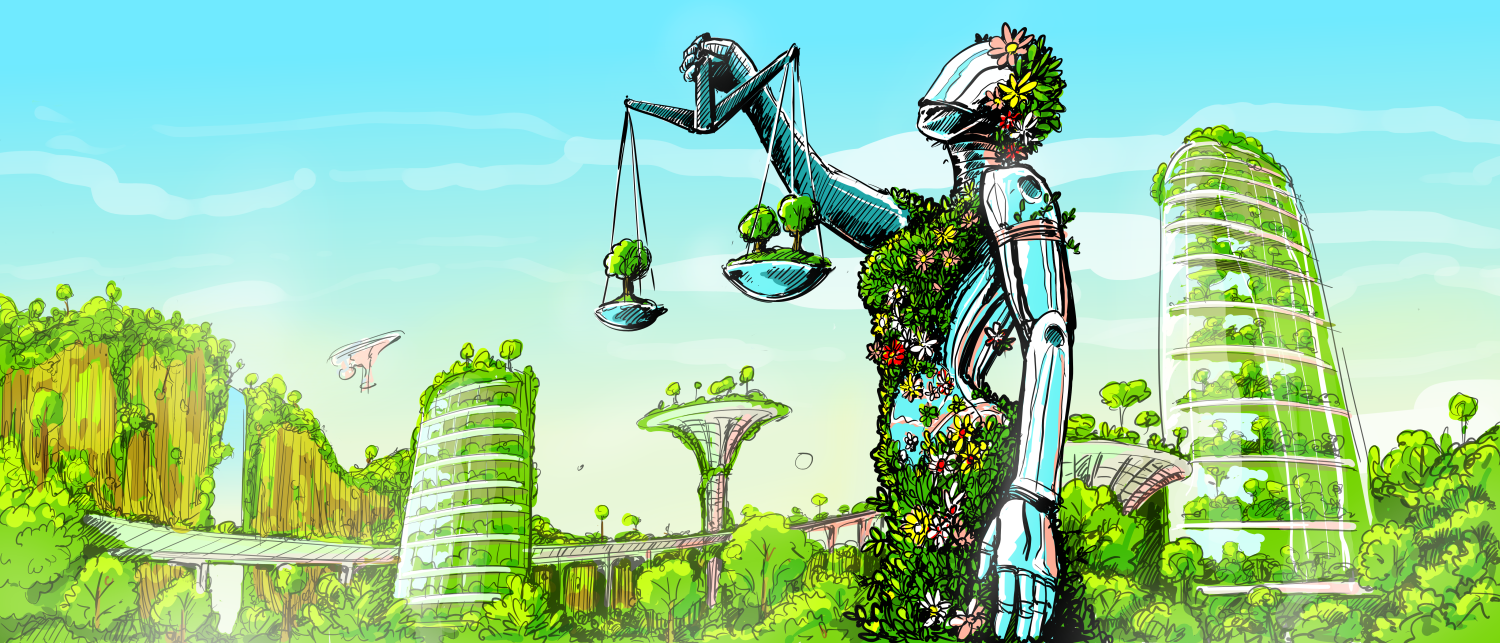Omnichain zk-rollup for L1-grade native liquidity. Implementation includes MEV solution, Proof-of-Liquidity, gas-free swaps, algorithmic buy & burn, weight voting & liquidity gauges, time-incentivized liquidity provision, 3rd party incentives, and more.
Mangata operates as a cross-chain liquidity protocol, facilitating seamless transactions between Ethereum and various other blockchains through a omnichain zk-rollup Infrastructure. We leverage the power of ZK-rollup, a second-layer (L2) solution, to ensure universal connectivity with first-layer (L1) blockchains. Additionally, our decentralized exchange platform is designed to provide robust protection against Miner Extractable Value (MEV) and frontrunning attempts, thereby safeguarding the interests of our users.
- Install docker
- use docker wrapper for cargo to build
mangata-node
./docker-cargo.sh build --release -p mangata-node
build artifacts will be placed in <REPO ROOT>/docker-cargo/release
Run unit tests only:
cargo testRun unit tests and generate code coverage report in html format:
cargo install cargo-tarpaulin
cargo tarpaulin --timeout 120 --workspace -e runtime-integration-test mangata-node common-runtime mangata-kusama-runtime mangata-rococo-runtime --exclude-files **/mock.rs **/weights.rs **/weights/* --out HtmlYou can use build-image.sh script to build & generate docker image
./scripts/build-image.sh mangatasolutions/mangata-node:dev
or you can use already compiled build atributes generated in previous step
SKIP_BUILD=1 BUILD_DIR=./docker-cargo/release ./scripts/build-image.sh
This will generate new local docker image mangatasolutions/mangata-node:dev
In order to run mangata-parachain locally one need to set up both:
- local relay network
- local parachain network
Because of number of parameters is quite troublesome thats why we came up with dedicated dockerized environment.
Dockerized setup requires you to build development docker image mangatasolutions/mangata-node:dev.
Start docker environment using, you need to
cd ./launch
yarn install
yarn gen
yarn uponce started, you can access nodes using port forwards
- 127.0.0.1:9944 - relaychain 1st collator
- 127.0.0.1:9945 - relaychain 2nd collator
- 127.0.0.1:9946 - parachain 1st collator
- 127.0.0.1:9947 - parachain 2nd collator
Docker setup can be stopped using
cd ./launch
yarn downAlice is set as sudo account for parachain-launch docker setup
There is number of chain configurations available for both development and production environements:
chainspec (--chain) |
Sudo | Description |
|---|---|---|
mangata-kusama |
******* | production kusama public mainnet |
mangata-kusama-local |
Alice | development kusama local testnet |
mangata-rococo |
******* | production rococo public testnet |
mangata-rococo-local |
Alice | development rococo local testnet |






